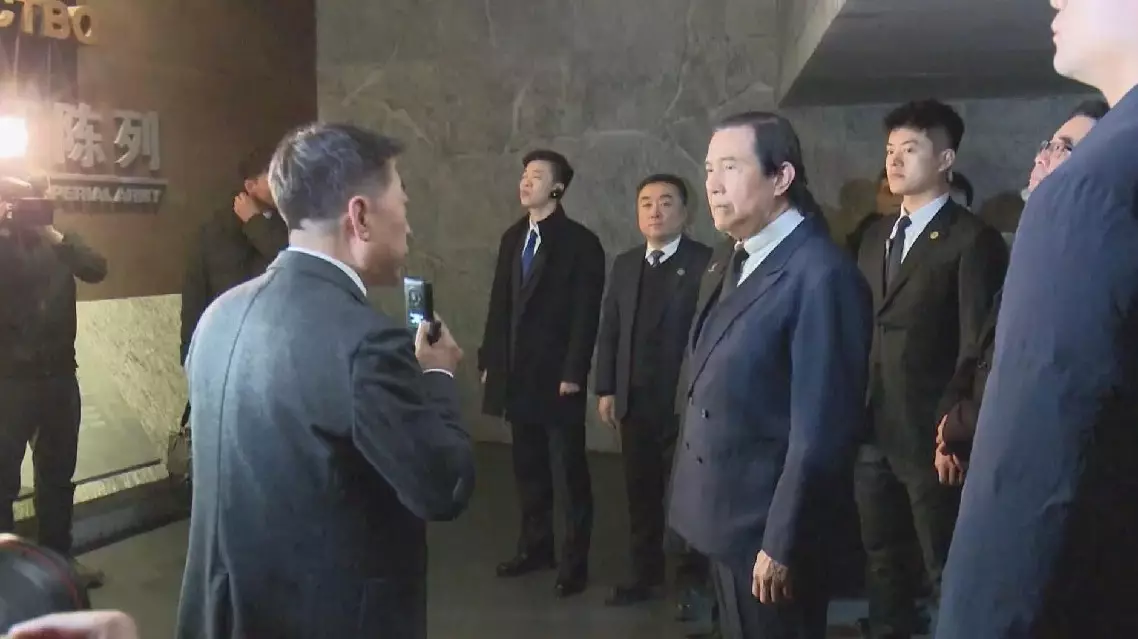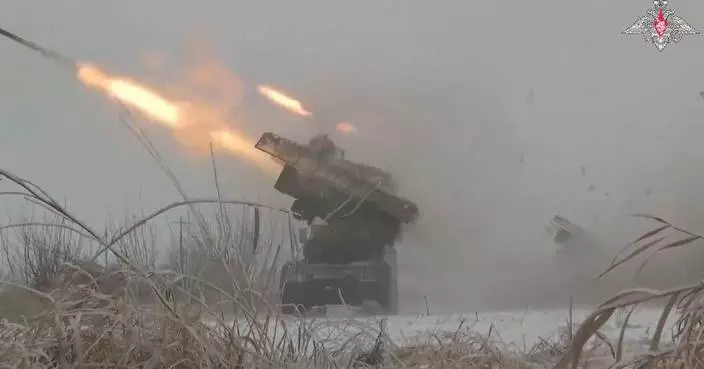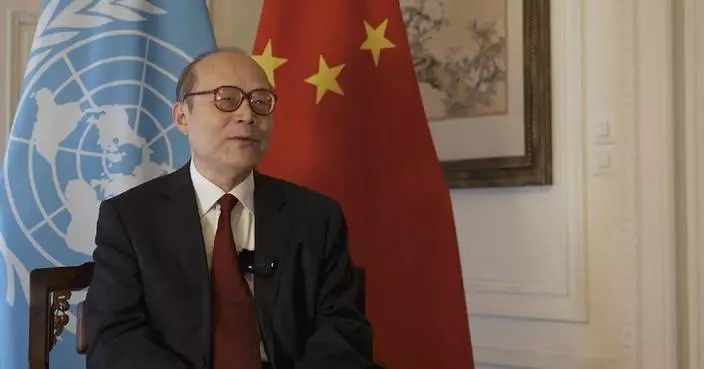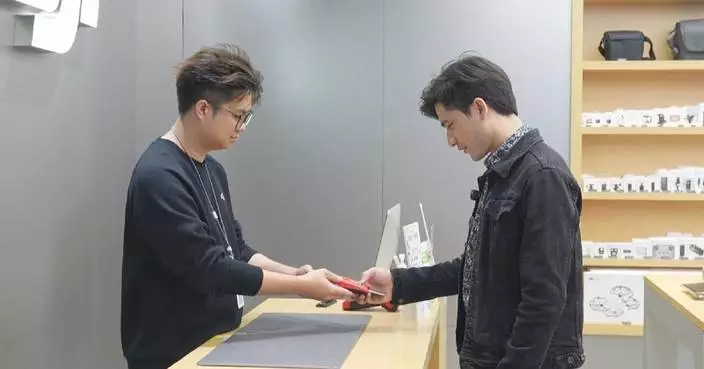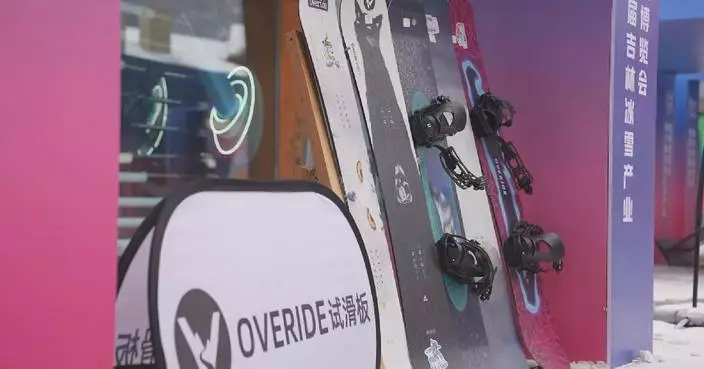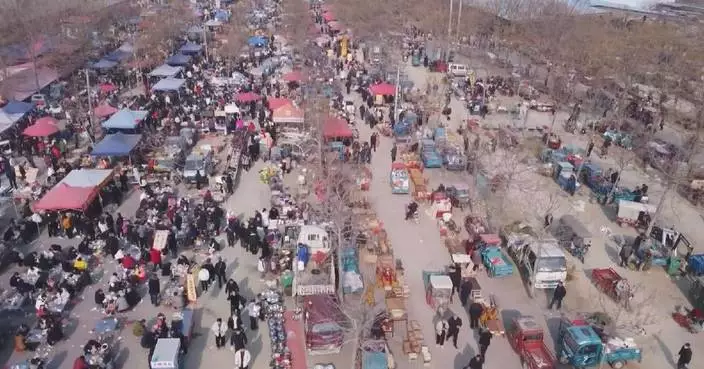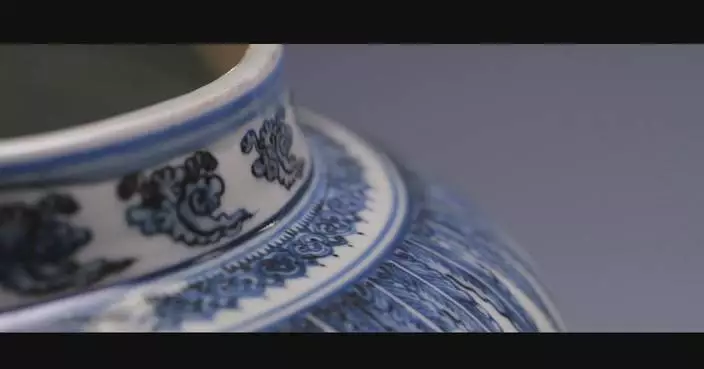A former World Trade Organization (WTO) judge has praised the WTO's dispute settlement system as its most successful function, emphasizing its crucial role in maintaining the rules-based multilateral trading system.
Zhang Yuejiao is the first Chinese national to serve as a member and chairman of the Appellate Body of the WTO Dispute Settlement Mechanism during 2008-2016.
As the WTO marks its 30th anniversary, Zhang shared her positive assessment of the WTO's impact, in an exclusive interview with China Global Television Network (CGTN).
"We are all happy with this moment, because it's very significant for international trade and for international rule of law, and for the standard of living of people increased for the last 30 years. We saw the development closely. And even when working in the WTO, we saw how hard people were working to achieve this great achievement," she said.
Zhang stressed that the dispute settlement system of the WTO is its most successful function and a key component of the organization's rule-based framework.
"The dispute settlement system of the WTO is the most successful function of the WTO. The dispute settlement is the rule of law in international trade. And for the enforcement of the implementation of the WTO obligations, rights, and the WTO-covered agreement to support the rule-based multilateral trading system is critical," Zhang said.
Meanwhile, Zhang said, China has been playing an important role since it joined the WTO, stressing the nation's dedicated adherence to international obligations, commitment to upholding international law, and respect for the rule of law in all fields.
"China is doing an excellent job in that field. China has implemented all decisions made by the DSB [Dispute Settlement Body] and even, for instance, in the case of the copyright issue, China's National People's Congress has modified and changed one provision – article four, in order to keep China's copyright law fully consistent with the WTO-covered agreement. So, no country else can do this. China is really observing its international obligations and respects public international law and respects the rule of law in all fields," she added.
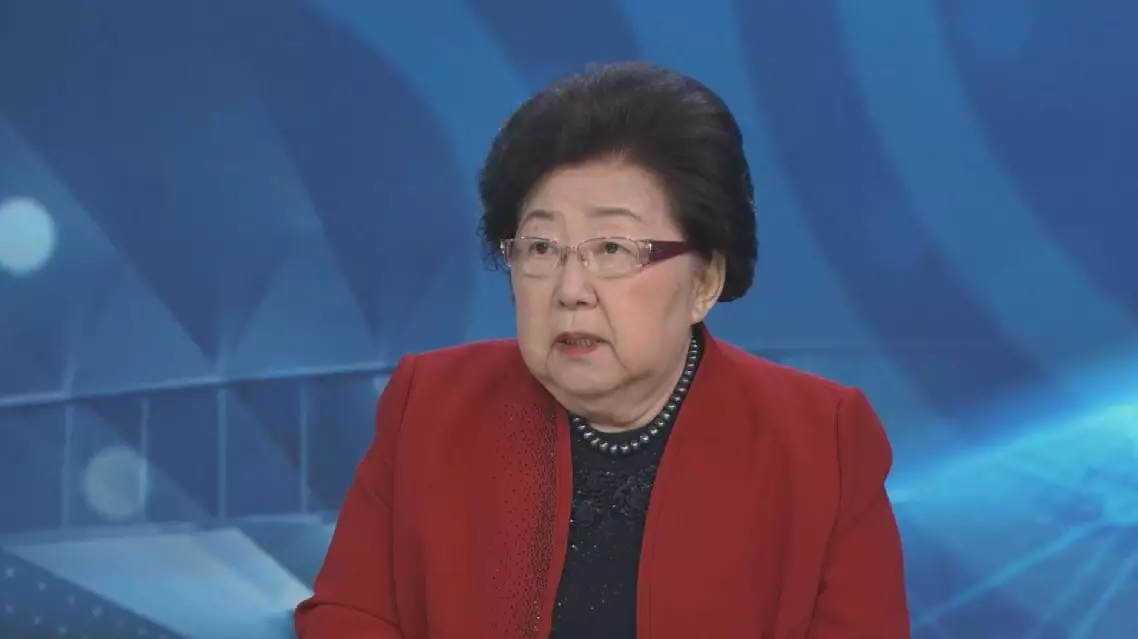
Former WTO judge hails dispute settlement system as organization's greatest function


